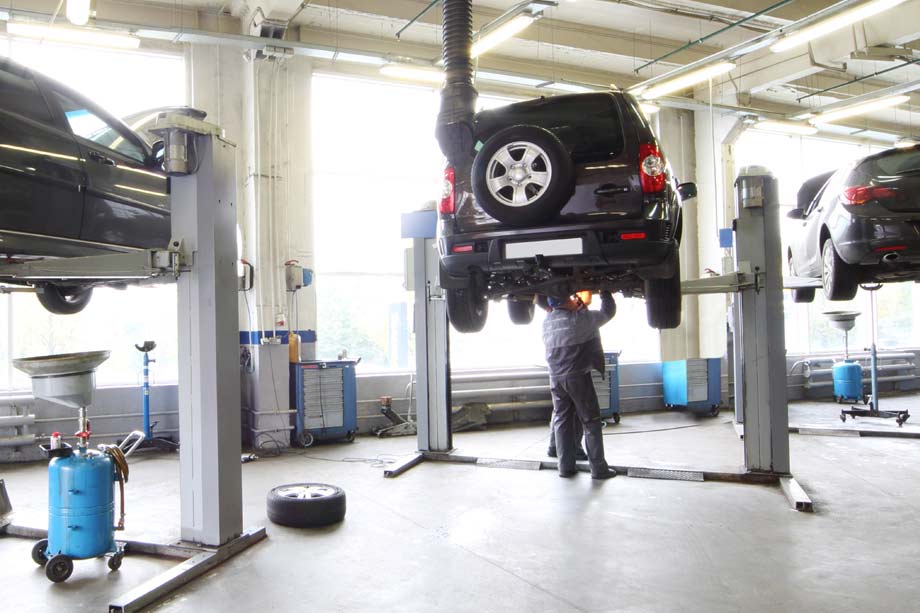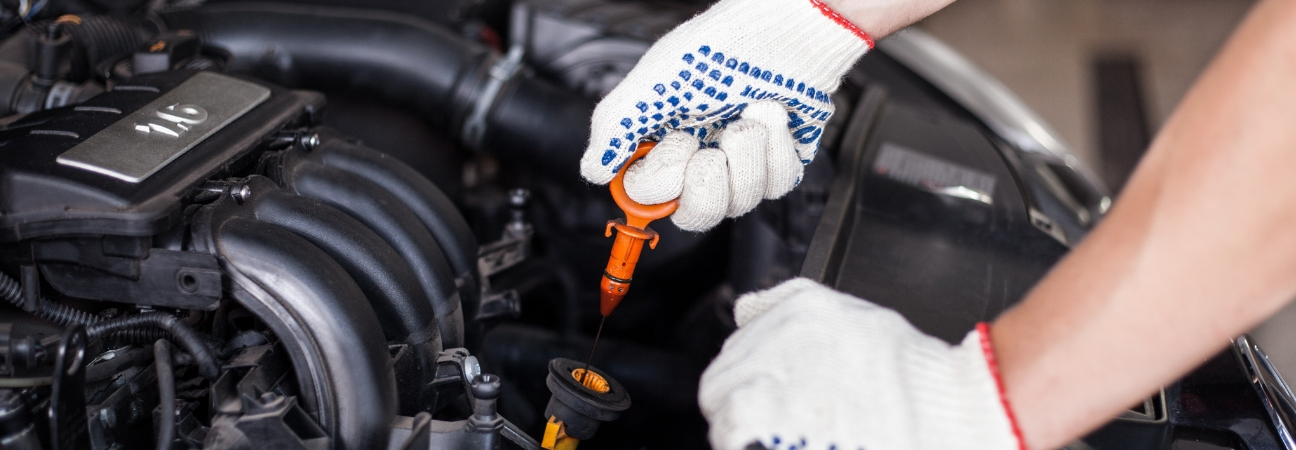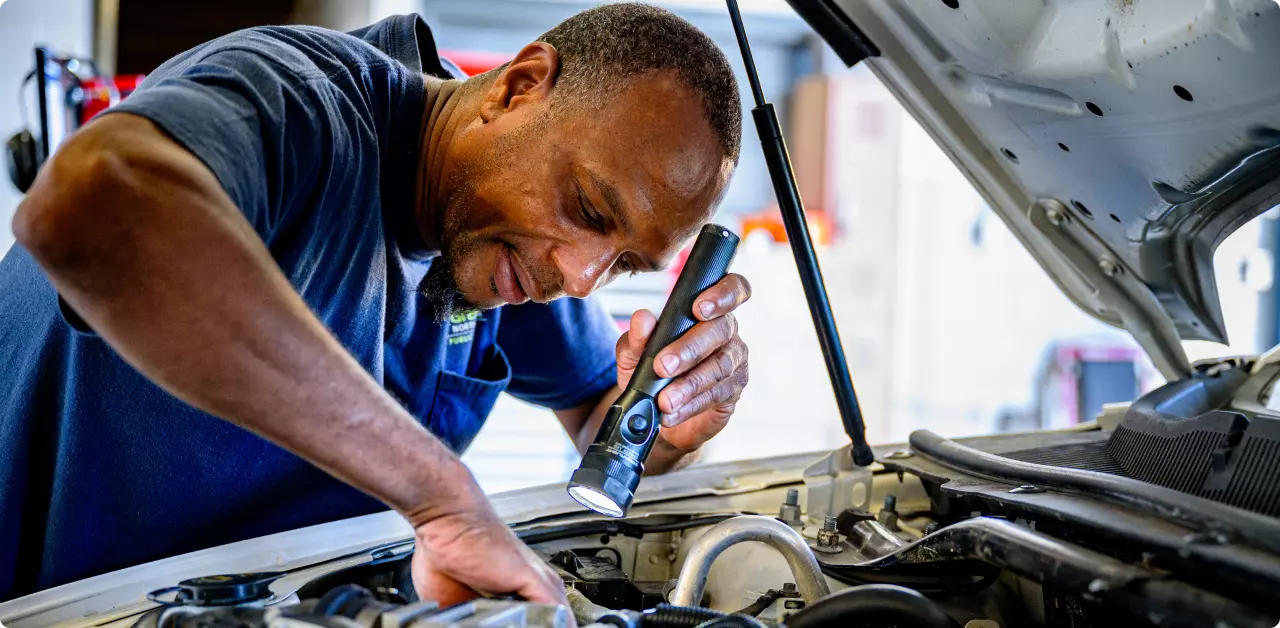All Categories
Featured
Your automobile's engine is a complicated item of equipment that requires regular care to work effectively. By taking preventative steps, you can keep your engine running smoothly and stay clear of significant costs.
Engine oil lubes interior elements, decreasing rubbing and wear. Adjustment the oil and oil filter as recommended by your vehicle's manufacturer-- normally every 5,000 to 7,500 miles for modern vehicles. Making use of the ideal kind of oil is similarly essential; consult your owner's manual to guarantee compatibility with your engine.
The engine's air conditioning system avoids overheating, which can create serious damages. Examine coolant levels regularly and replenish as needed. Additionally, comply with the producer's standards for flushing and replacing coolant to keep the system functioning efficiently.
![]()
Engines need a stable flow of tidy air for burning. A stopped up air filter can minimize fuel performance and efficiency. Evaluate the air filter periodically and replace it when it appears dirty or after reaching the gas mileage specified in your automobile's maintenance schedule.
Unusual sounds, reduced performance, or control panel caution lights often signify underlying engine concerns. Address these indication quickly by consulting a qualified auto mechanic to detect and settle issues before they escalate.
Gas top quality directly affects engine health and wellness. Usage gas with the correct octane score for your car to avoid knocking and deposits in the burning chamber. Sometimes, including a fuel injector cleanser can additionally aid keep a clean fuel system.
Flicker plugs are necessary for igniting the air-fuel blend in the engine. Damaged stimulate plugs can lead to misfires, poor fuel economic situation, and increased exhausts. Follow your automobile's upkeep routine to replace them at the advised periods.
![]()
Hostile driving, such as rapid acceleration and tough stopping, locations additional anxiety on your engine. Maintain constant rates and method smooth driving behaviors to lower unnecessary deterioration.
![]()
Split or worn pipes and belts can lead to getting too hot or other engine failures. Inspect these components consistently and replace them if you discover any type of indicators of wear, such as fraying or splits.
Dirt and debris can harm engine components over time. Guarantee all seals are intact and that the air intake system is without blockages. Normal checks can avoid contaminants from causing damages.
Even if your automobile appears to be running well, routine examinations by a relied on technician can reveal covert concerns. A specialist can determine wear-and-tear troubles early, saving you from costly fixings down the line.
By following these preventive measures, you can stay clear of the stress and expense of significant engine repairs. Normal attention and care not just maintain your vehicle trustworthy but also enhance its resale value and general efficiency.
- Maintain the Oil System
Engine oil lubes interior elements, decreasing rubbing and wear. Adjustment the oil and oil filter as recommended by your vehicle's manufacturer-- normally every 5,000 to 7,500 miles for modern vehicles. Making use of the ideal kind of oil is similarly essential; consult your owner's manual to guarantee compatibility with your engine.
- Refill and check Coolant Regularly
The engine's air conditioning system avoids overheating, which can create serious damages. Examine coolant levels regularly and replenish as needed. Additionally, comply with the producer's standards for flushing and replacing coolant to keep the system functioning efficiently.

- Monitor Air Filters
Engines need a stable flow of tidy air for burning. A stopped up air filter can minimize fuel performance and efficiency. Evaluate the air filter periodically and replace it when it appears dirty or after reaching the gas mileage specified in your automobile's maintenance schedule.
- Look Out to Indication
Unusual sounds, reduced performance, or control panel caution lights often signify underlying engine concerns. Address these indication quickly by consulting a qualified auto mechanic to detect and settle issues before they escalate.
- Usage High-Quality Gas
Gas top quality directly affects engine health and wellness. Usage gas with the correct octane score for your car to avoid knocking and deposits in the burning chamber. Sometimes, including a fuel injector cleanser can additionally aid keep a clean fuel system.
- Change Glow Plugs on schedule
Flicker plugs are necessary for igniting the air-fuel blend in the engine. Damaged stimulate plugs can lead to misfires, poor fuel economic situation, and increased exhausts. Follow your automobile's upkeep routine to replace them at the advised periods.
- Prevent Harsh Driving Habits

Hostile driving, such as rapid acceleration and tough stopping, locations additional anxiety on your engine. Maintain constant rates and method smooth driving behaviors to lower unnecessary deterioration.
- Check Belts and Pipes

Split or worn pipes and belts can lead to getting too hot or other engine failures. Inspect these components consistently and replace them if you discover any type of indicators of wear, such as fraying or splits.
- Avoid Pollutants from Going Into the Engine
Dirt and debris can harm engine components over time. Guarantee all seals are intact and that the air intake system is without blockages. Normal checks can avoid contaminants from causing damages.
- Schedule Regimen Examinations
Even if your automobile appears to be running well, routine examinations by a relied on technician can reveal covert concerns. A specialist can determine wear-and-tear troubles early, saving you from costly fixings down the line.
By following these preventive measures, you can stay clear of the stress and expense of significant engine repairs. Normal attention and care not just maintain your vehicle trustworthy but also enhance its resale value and general efficiency.
Latest Posts
Why Regular Vehicle Maintenance at Montclare Auto Repair Keeps Your Wallet Happy
Published May 29, 25
1 min read
Discover the Greatest Auto Repair Deals in Montclare, Chicago
Published May 26, 25
1 min read
Experience Yesterday's Pub: Where Taste Fulfills Custom
Published May 22, 25
1 min read